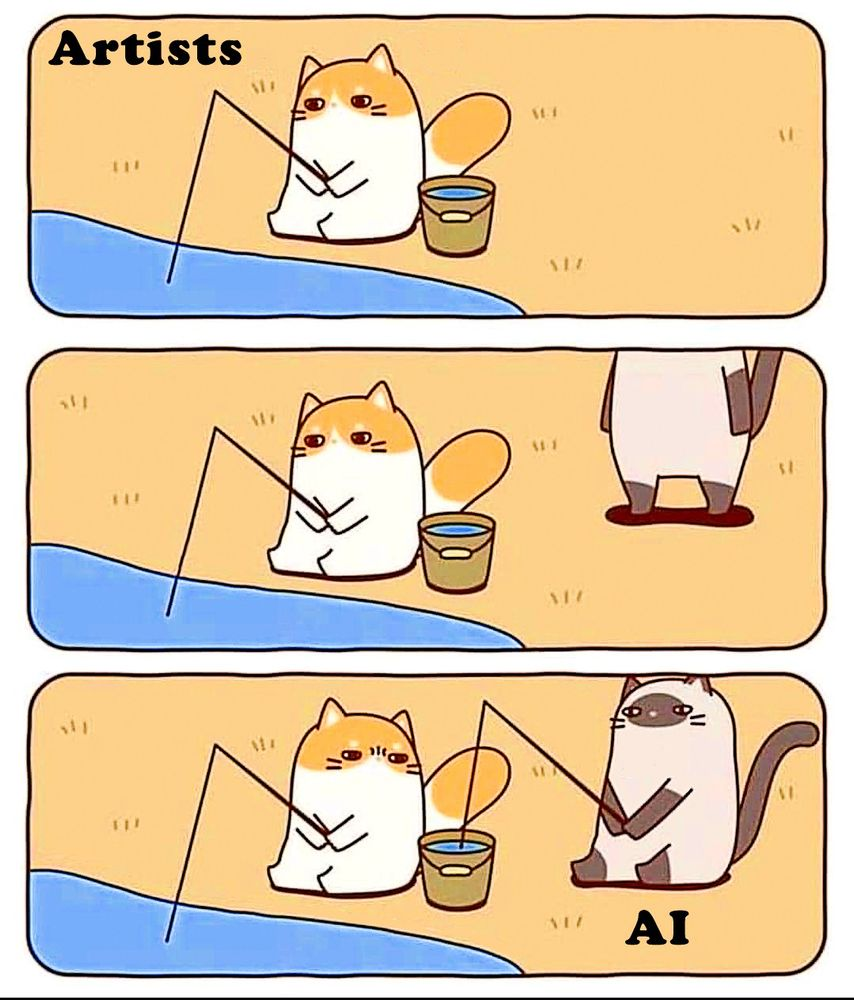

I have spent 30 years developing computerization of traditional medical tasks. Anytime a project gets anywhere near M.D. territory they villify it mercilessly, it’s a threat to their cash cow, a threat to their status as the exalted font of all knowledge, a threat to their $600K/yr practice income - they think.



That was a company of 1000 employees, over 500 of them in the traveling global sales force. There were about seven guys at the top taking home millions a year in those bonuses, and their whole priority was to maximize their personal incomes as much and as soon as possible.
In the shiny promotional videos, we were all about helping our customers, improving their lives, but in reality we weren’t very good at that, only about 1/3 customers saw any benefits and maybe 3/100 would get anything close to what they were really hoping for, but… they didn’t have any alternatives, so they were willing to let their health insurance pay for a $30K surgical procedure on the chance that they might be one of the lucky ones.
Research around methods of testing to determine who might and who might not benefit from the product? Actively undermined by the company.
Research around ways to improve product performance? Squashed as I described, it was more likely to “disrupt” the short term income streams they leaders were all enjoying than to make any significant improvements in income for them on any time schedule they care about.